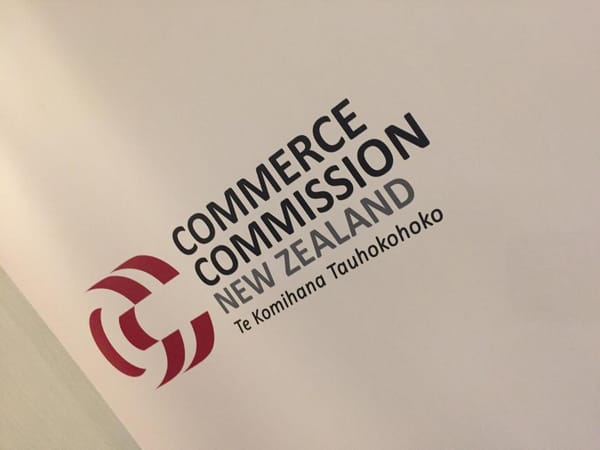Inequality and Money Laundering: How Organised Crime Exploits Desperation and Corrupts Power
Understanding how economic desperation creates the perfect conditions for criminal exploitation—and why your vigilance represents society's first line of defence

Understanding how economic desperation creates the perfect conditions for criminal exploitation—and why your vigilance represents society's first line of defence
The mathematics of organised crime is simple: where legitimate opportunity disappears, criminal alternatives flourish. When economic inequality reaches critical levels, it creates a perfect storm of desperation that criminal organisations exploit with surgical precision, using sophisticated social engineering tactics to recruit vulnerable individuals and ultimately leading to be able to corrupt entire governmental systems.
Understanding this relationship between inequality and money laundering isn't merely academic—it's essential for recognising emerging threats before they metastasise into systematic institutional corruption. The cases emerging from professional money mule recruitment, large-scale state capture, and individual corruption reveal how economic pressure transforms ordinary people into criminal facilitators whilst simultaneously corrupting the very institutions meant to prevent such activity.
The Micro-Scale Vulnerability: Individual Professional Corruption
Before examining large-scale institutional capture, it's crucial to understand how organised crime exploits inequality at the individual level to recruit professional facilitators. These cases reveal the human dimension of how economic pressure creates criminal opportunity.



